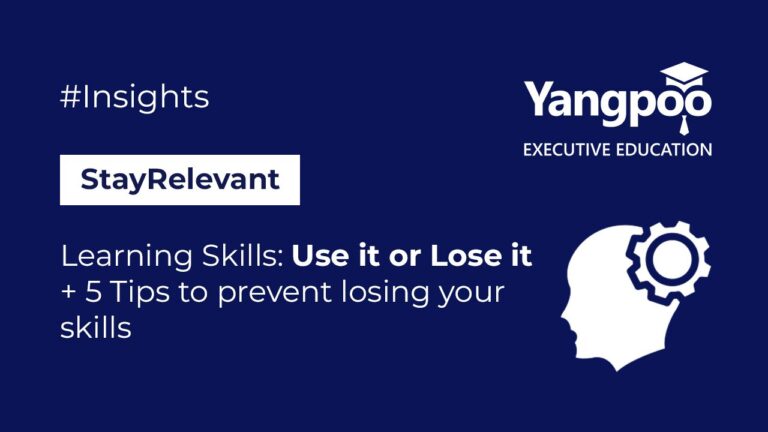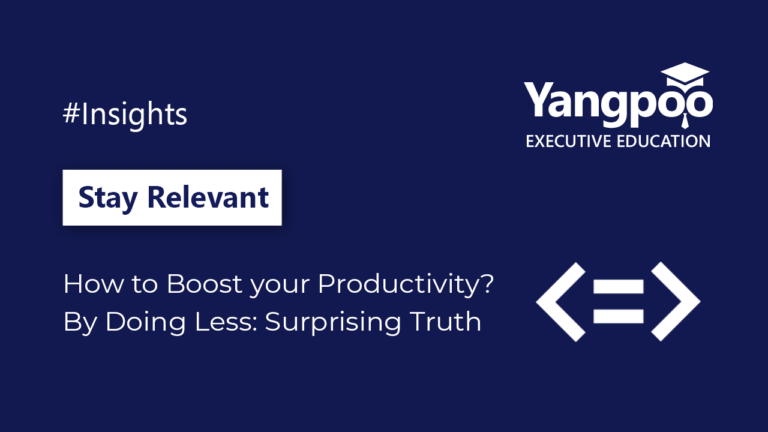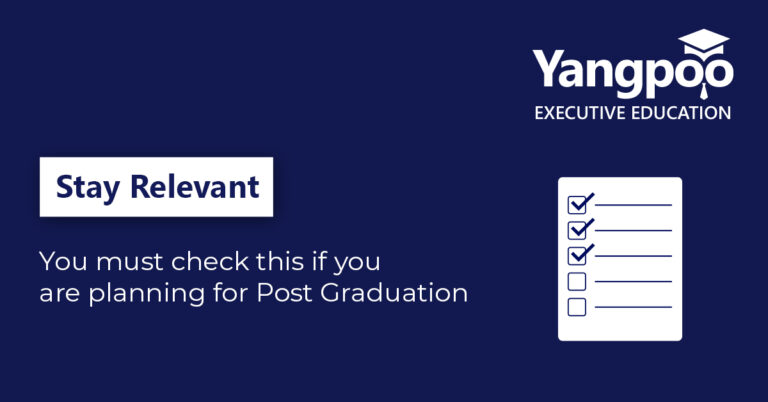The Annual Status of Education Report 2021 was unveiled a few days ago. A report brought out by an NGO, Pratham tracks basic academic development for all school children in ages between 5 and 16, and gives the stakeholders in the education space an idea about the gaps in the learning levels of Indian children.
The survey was conducted in September-October 2021. Being the first such survey conducted after the first lockdown, this report is crucial to understand the impact of covid-19 on education.
The ASER Report 2021 makes interesting observations
- The report notes a big jump in the proportion of children enrolled in government schools from 64.3% to 70.3% during 2018-21.
- The enrolment rate in private schools has however gone down from last year. In 2020, the enrolment rate was 28.8% and in 2021 the enrolment rate went down to 24.4%.
- The survey confirmed that smartphone ownership has increased tremendously since 2018 – from 36.5% in 2018 to 67.6% in 2021
- The number of school-going children taking tuition increased by 40% during the closure of their schools.
- According to the report, 40% of the respondents said that private schools’ failure to conduct online classes led parents to move their children to public schools; while 15% said migration during the lockdown was the reason behind the shift.
What does it mean for edtech players?
The education system is moving away from private schools, but not only due to economic constraints. Ironically the ‘out-of-work, pandemic-hit parents’ who can’t afford private schooling, with the desire to give their kids the best education possible, have ended up spending even more money on private tuitions.
The ASER report highlights this fact as the number of parents in the “low education” category who sent their kids to tuition increased by 12.6%.
The existential threat to private schools due to their inability to evolve digitally is an opportunity for the new age edtech segment. The money in the system seems to be moving away from private schools and towards other types of private sector enterprises.
Edtechs in Higher Education Space:
The same trend can be seen in the higher education space with increasing demand for skill-based education. The edtechs have already moved on from the ‘fill-in-the-gaps’ role with its online PG Programs. The modern edtechs now seek to replace the formal degree programs with the new structure altogether.
India’s first-ever, employer-funded, live-online, ‘Paid Apprenticeship based PG Programs’ launched by Yangpoo & EduCLaaS Singapore marks the beginning of a new era. The 24 months, the full-time, program is designed to give international exposure, both academically & professionally to Indian students through its unique program structure – 6 months blended learning + 18 months, paid, on-the-job training.
Increasing digital penetration & inclination towards online learning from new age edtechs, can be a great game-changer for the education sector in upcoming years.





